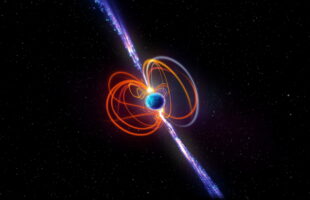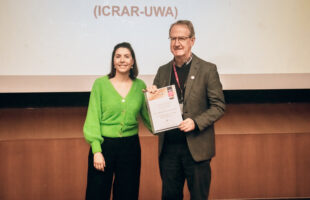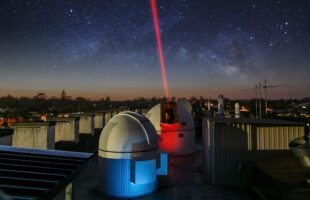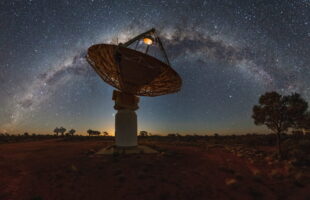Hiding in plain sight, astronomers find new type of stellar object
July 19, 2023An international team led by astronomers from Curtin University and the International Centre for Radio Astronomy Research (ICRAR) has discovered a new type of stellar object that challenges our understanding of the physics of neutron stars.

ICRAR recognised for commitment to equity, diversity and inclusion in ASA Pleiades Awards
July 14, 2023The University of Western Australia node of ICRAR was presented with a Gold Pleiades Award.

Two ICRAR researchers recognised in Astronomical Society of Australia prizes
June 29, 2023The Astronomical Society of Australia (ASA) will honour Dr Nichole Barry of ICRAR/Curtin and ICRAR/UWA student William McDonald at its Annual Scientific Meeting at the…

To the Moon and back: Australia-first communications network paves the way for high-speed data in space
June 28, 2023West Australian researchers are set to build a next-generation communications network that can send high-speed data to and from objects in space. The $6.5 million…

CSIRO telescope offers new insight into cosmic mystery
May 25, 2023Researchers have detected a ‘fast radio burst’ in a nearby galaxy that questions what we know about how these mysterious phenomena form.

ICRAR data scientist awarded future leaders scholarship
March 22, 2023An ICRAR/UWA software engineer and data scientist working on the Square Kilometre Array telescopes has been identified as a leader of the future with the award of a prestigious scholarship.
